As the days drag on and the number of people infected with COVID-19 around the world rises, so do the questions that the public has about the mysterious virus. With conflicting reports about how you can get the virus, it’s duration, and the severity of the symptoms, and the end of all this seemingly nowhere in sight, it may be difficult for people to discern between fact and myth. One thing that many experts agree on is that they anticipate a second wave of the virus in the fall. In light of this, one of the biggest question on many peoples’ minds is whether or not getting coronavirus twice is possible for recovered patients.
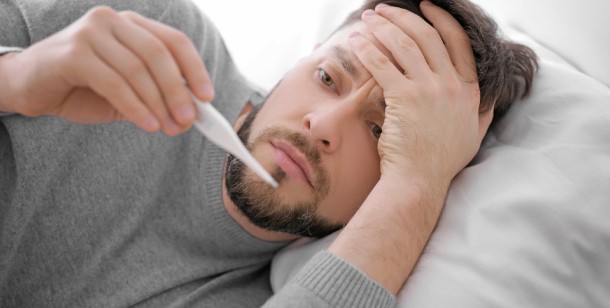
Is It Possible to be Reinfected?
With most viruses, the likelihood of being reinfected is slim, especially if you are a healthy person with a reasonably strong immune system. When it comes the viruses like the common cold, your body will typically develop antibodies as an immune response to help fight off the virus should it come back. These protective antibodies can offer either term immunity or long term immunity that helps the body recognize the pathogens next time they enter the body and fight it so you don’t get sick.
In reference to the COVID-19 virus, far less is known about how the immune system responds to people that have recovered, and there are records of several cases around the world where people that were infected with COVID-19 that recovered tested positive again after the illness had passed. Experts suggest that this is more likely an instance of the virus reactivating within the body, rather than a case of a recurring infection. But it has been suggested that, for whatever reason, in some cases the human body does not always develop antibodies to this particular virus.
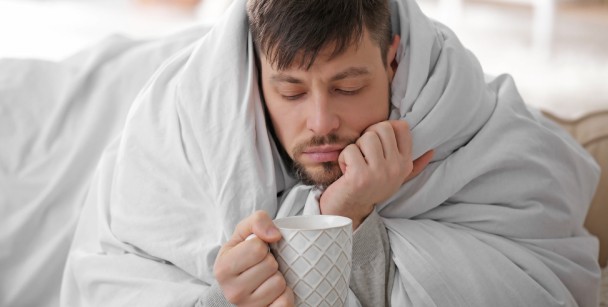
What Is The Recovery Time For the Coronavirus Disease?
This virus has left medical authorities around the world scrambling for answers and questioning everything they thought they knew about the traditional behavior or viruses and their duration. Whereas the common cold or flu typically only lasts for a week or two, the human body has to antibodies to fight this off and thus the recovery time is unpredictable. In most recovery cases, the symptoms of the virus seem to wain after two weeks; however, that doesn’t mean that someone is no longer contagious. Past coronaviruses like SARS-CoV-2 have shown similar inconsistencies in recovery time.
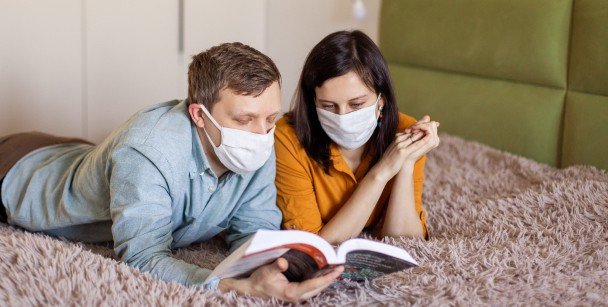
How Long Should I Stay in Home Isolation If I Have Coronavirus?
Because this virus has the potential to rear its ugly head more than once, it isn’t clear cut on exactly how long one should stay in isolation if they are infected. The best thing to do in this case is to stay in close communication with your healthcare provider and err on the side of caution. Because this virus is so unpredictable, continued social distancing is essential in containing the spread, especially if you know you were previously infected.
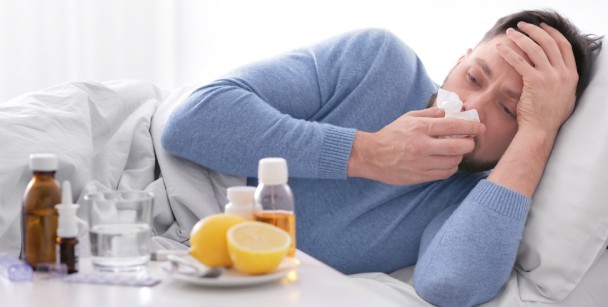
What Are the Symptoms of The Coronavirus?
If you suspect that you may be infected or simply want to know what to look for, the most universally accepted symptoms are:
- Sneezing
- Runny rose
- Lethargy or fatigue
- Coughing
- Sore throat
- Shortness of breath
Click here to learn more about what to know if you think you are infected by the coronavirus.
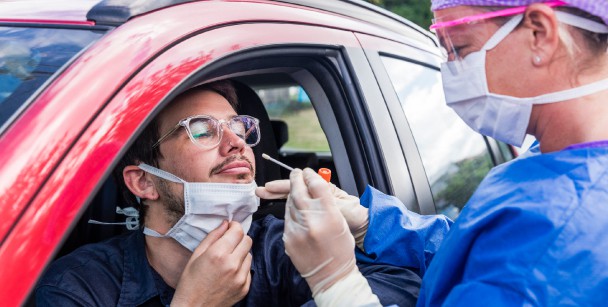
What To Do If You Are Infected?
If you suspect that you are infected with coronavirus, it is imperative that you be tested as soon as possible, for your own health and to protect those you might come into contact with. Find a Village Emergency Center near you– we offer drive-through coronavirus testing for answers without risking exposure to you or our other patients.
